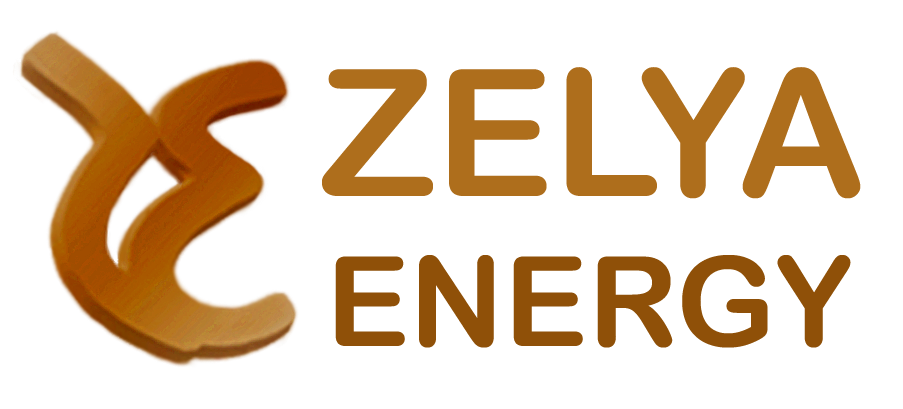The law establishing a new organization of the electricity market (NOME) was enacted on December 8, 2010. It introduced the regulated access of alternative suppliers to the electricity produced by EDF's nuclear power plants (ARENH).
Why a new organization of the electricity market and a device for regulated access to nuclear-generated electricity?
Originally, the NOME law, according to the Energy Regulatory Commission (CRE), aimed to enable an effective market opening, and to lessen the impact of the quasi-monopoly on the nuclear electricity production sector in France by EDF. For its part, the European Commission, following an investigation procedure under state aid rules, considered that the existence of regulated electricity sale tariffs (TRV) combined with insufficient access of EDF's competitors to electricity sources as competitive as the historical nuclear park constitutes a barrier to the development of effective competition.
Indeed, in the wholesale electricity market, each electron is sold at a price that is determined by the marginal cost of electricity produced by the least competitive primary source required (thermal power plant, for example). However, as nuclear electricity is the most competitive, each electron produced by a nuclear power plant generates a rent for its operator, called the "nuclear rent". This rent has long made it possible to build regulated tariffs based on the marginal costs associated with nuclear electricity, which only EDF has the right to produce in France.
Under these conditions, it was legitimate to question the real possibility for an alternative supplier to offer competitive prices to the end consumer, without having electricity produced at the marginal cost of nuclear power.
In this context, the NOME law, in line with the work of the Champsaur Commission, has the objective to:
- Ensure alternative suppliers a regulated right of access to historical nuclear electricity (known as ARENH), transiently and limited in volume, under conditions equivalent to those enjoyed by the historical supplier EDF, in order to allow the emergence of real competition downstream and on all customer segments, individuals and professionals;
- Allow the preservation of EDF's historical nuclear fleet (ensure the financing of the existing fleet by allowing EDF to secure its long-term commitments for decommissioning and waste management and also to make the necessary investments to extend the operating life of the reactors of its historical fleet);
- Maintain competitive prices in France for end consumers.
